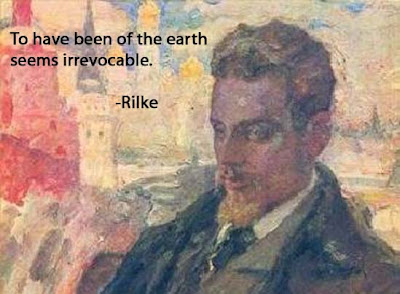Why commit an act of terrorism? And why call it terrorism? What is terror, anyway and why are we at war with it?
Becker answered these
questions in the 70's. Sometimes it seems impossible to me how much
our society struggles blindly with evil when the 101 textbook on the subject has been around for 4 decades.
But before we get to evil, we have to talk about terror, which means we have to talk about death.
Day
in and day out we exist inside of a protective bubble built out of the real and symbolic problems and joys of our lives:
our hungers and aches, our careers, our loves, our families, our politics, our pleasures, our grief.
Then a flash,
deafening heat, and the body is torn apart. Those who survive are forced to witness, to remember
that it's only flesh after all. And to fear the thousand natural shocks
that flesh is heir to.
What if that were it? What if you were snuffed out in a tragic instant?
Then they put some rotting meat into a dirt hole, and the "cosmic specialness" that was you simply ceases forever.
The mind rejects such a thought. Rather, at the very least, the epigram Becker gives his magnum opus, from Rilke:
And we also once. Never again. But this having been
once, although only once, to have been of the earth,
seems irrevocable.
For us, the idea of death is a terrible burden that must be dealt with.
All terror is at root the terror of death, which we refuse to allow entry into our conscious lives.
We have always been at war with terror.
Next: Immortality

No comments:
Post a Comment